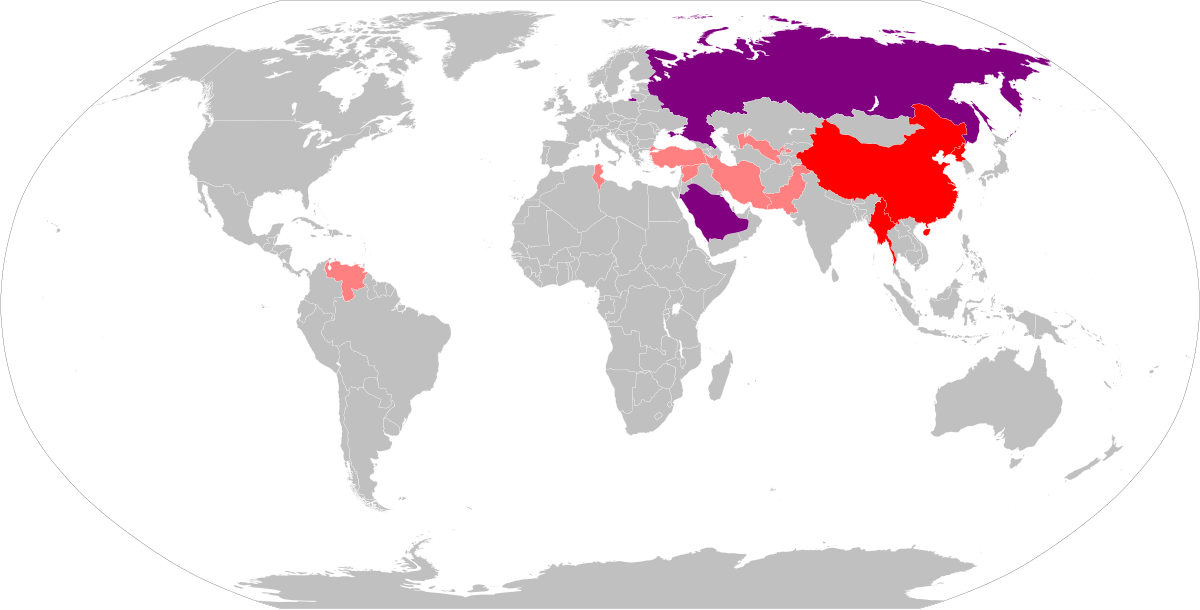Censorship of Wikipedia by governments has occurred widely in countries including (but not limited to) China, Iran, Myanmar, Pakistan, Russia, Saudi Arabia, Syria, Tunisia, Turkey, Uzbekistan, and Venezuela. Some instances are examples of widespread Internet censorship in general that includes Wikipedia content. Others are indicative of measures to prevent the viewing of specific content deemed offensive. The duration of different blocks has varied from hours to years.



Removed by mod
So according to you, if members of the government agree to do something illegal or at least that shouldn’t be allowed, without anything opposing them and let’s say, the president covering for them, this is not the responsibility of the government because it’s not a policy?
Going further, if all the government agrees to do something unofficially, without writing it down as a policy, then it is not the responsibility of the government.
So basically they can do anything they want, as long as it’s not official, and it will never change the status of democracy of the government. A country like Turkiye then would be a perfect democracy since all their dictatorship-like actions tend to stay supposedly unofficial.
Removed by mod
I never said it was equivalent, just pointing at the problem with your “logic”.
You are too focused on your pathetic ad hominems to be able to read.
Have a good day
Removed by mod
Wow. You really can only see in extremes, that’s fascinating. Or you’re a bad troll.
I was extrapolating on your logic to point out its limits. That’s a pretty basic thing.
Go find other people to fight online, this is getting pathetic.
Removed by mod
Sure, sure, very believable.
Pathetic.